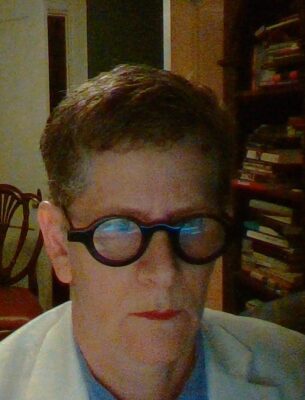
Averting One’s Eyes
The War in Ukraine and the Politics of Remembrance
I have argued in The War in Ukraine and America that a negotiated peace between Russia and Ukraine would be welcome. And that the US should not attempt to prolong the war in the service of its own geopolitical interests since the war is, among being a noble struggle by Ukraine to win its sovereignty […]
McLaren, P. (2022). Averting One’s Eyes: The War in Ukraine and the Politics of Remembrance. PESA Agora. https://pesaagora.com/columns/averting-ones-eyes/




